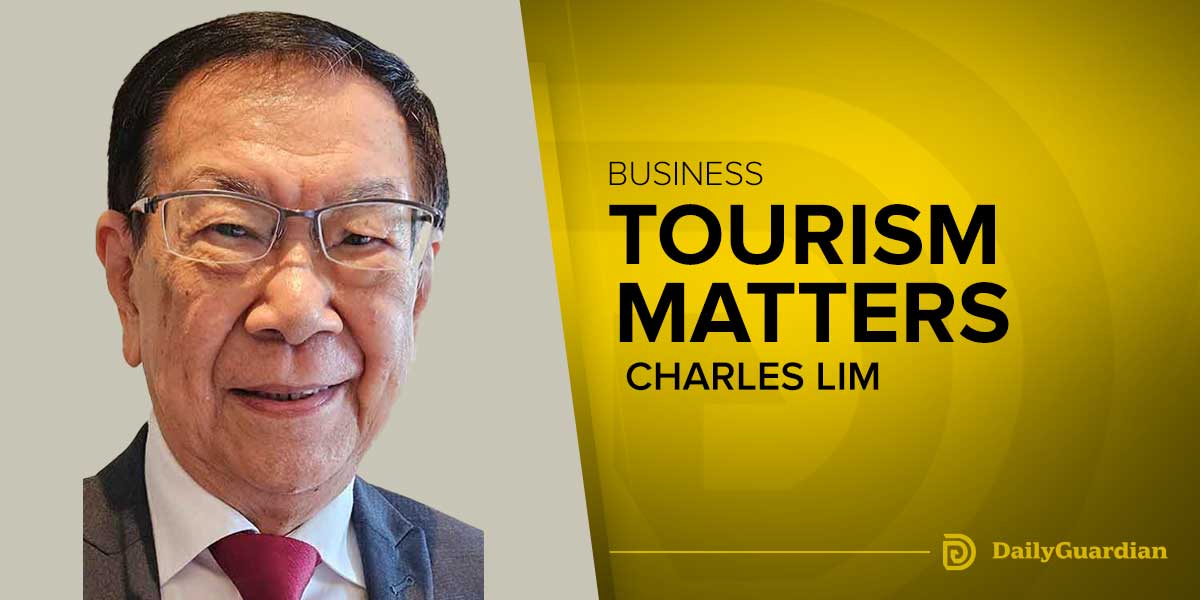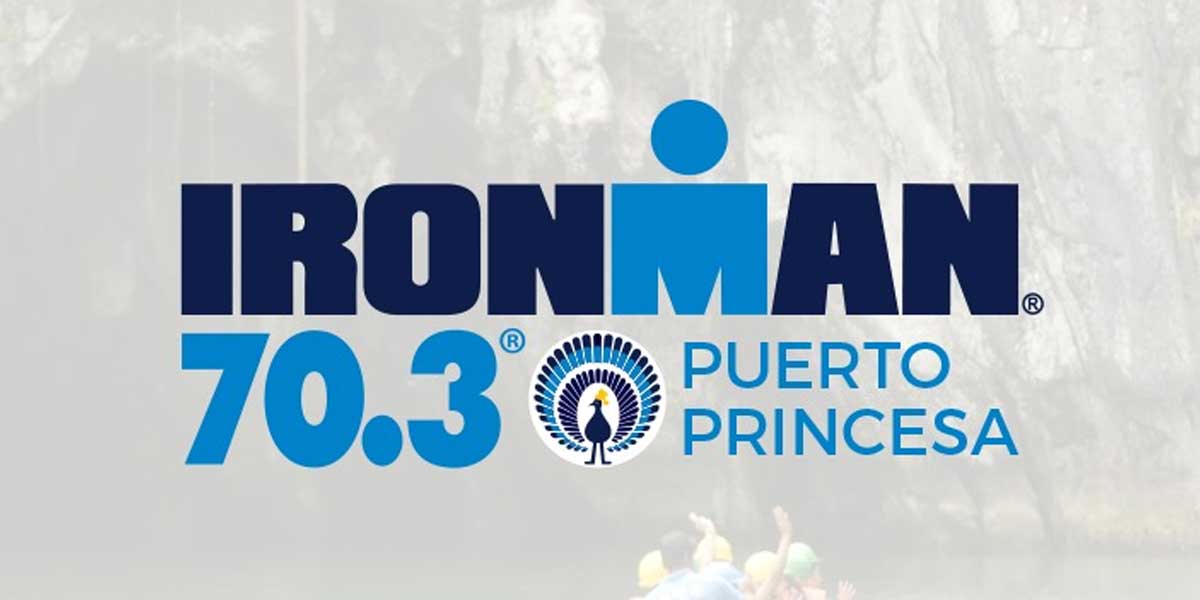Taxing cigarettes is a proven strategy to improve public health and government revenue. Higher taxes make cigarettes less affordable, leading to reduced consumption and fewer smokers.
This reduction in smoking prevalence translates to lower healthcare costs and a healthier population. The 2021 Global Adult Tobacco Survey revealed that 68% of Filipino tobacco users considered the high price of cigarettes a significant factor in their decision to quit.
Additionally, nine out of ten current smokers reduced their daily cigarette consumption because of higher taxes.
Suspending the annual tax increase on tobacco, as proposed in House Bill No. 11279, would result in ₱27.5 billion in forgone revenue from 2026 to 20304. This loss would undermine the government’s ability to fund essential public services and health programs.
Moreover, the measure would increase the total number of cigarettes smoked by 4.8% and smoking intensity by 2.4%, potentially creating 400,000 additional smokers by 20305.
Efforts to circumvent cigarette regulations, such as the illicit trade of tobacco products, pose significant challenges.
Rather than reducing taxes, stronger enforcement of existing laws and international cooperation are necessary to combat illicit trade.
The Framework Convention on Tobacco Control provides clear steps to address illicit trade, including stricter enforcement, improved border controls, and accountability at all levels.
The industry’s push for tax cuts comes at a time when novel nicotine products are gaining traction, particularly among young adults, through aggressive marketing and flavored variants.
Nicotine pouches, marketed as “tobacco-free,” are gaining popularity, especially among young adults. These products deliver nicotine via the oral mucosa, bypassing the combustion associated with traditional tobacco products.
While they may present fewer health risks than conventional alternatives, the potential for addiction and adverse health effects remains. The allure of flavors and aggressive marketing tactics have sparked concerns about their potential to attract a new generation of nicotine users.
Tobacco companies continue to exploit regulatory loopholes and introduce new products like heated tobacco devices, further complicating tobacco control efforts. Policymakers must act decisively to close these gaps and prioritize public health.
Robust, independent research is urgently needed to inform effective regulations that prioritize public health and prevent nicotine pouches from becoming another gateway to addiction.
Taxing cigarettes is a crucial public health measure that benefits both the government and the population.
Strengthening enforcement against illicit trade and regulating alternatives like nicotine pouches are essential to protect public health and ensure the effectiveness of tobacco control efforts.
Sustaining and increasing tobacco taxes benefits both the economy and the population’s health. Lawmakers should reject HB 11279 and focus on enforcing anti-illicit trade measures. This approach ensures the dual objectives of saving lives and securing government revenues.
The choice before us is very clear: we can either maintain effective tobacco control measures or watch as decades of progress go up in smoke.























